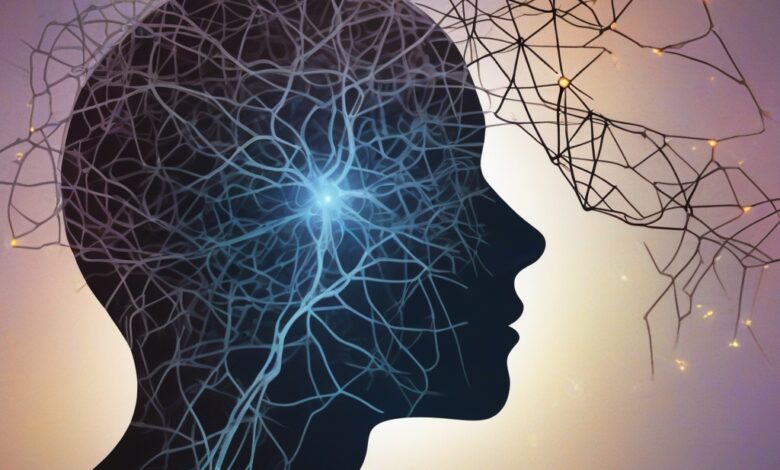Breakthrough Discovery Sheds Light on Causes of Huntington’s Disease

Breakthrough Discovery Sheds Light on Causes of Huntington’s Disease
Huntington’s disease (HD) is a devastating neurodegenerative disorder that affects thousands worldwide. Characterized by progressive motor dysfunction, cognitive decline, and psychiatric symptoms, this hereditary condition has long puzzled researchers. However, recent scientific advancements have led to promising insights into the underlying mechanisms of Huntington’s disease, offering hope for better treatments and potential preventive measures.
The Nature of Huntington’s Disease
Huntington’s disease is caused by a mutation in the HTT gene, which results in the production of an abnormal protein called huntingtin. This mutation leads to the progressive degeneration of neurons in specific areas of the brain, particularly the basal ganglia, which are crucial for movement control and cognitive functions. Symptoms typically manifest in mid-adulthood, with affected individuals often living 10 to 30 years after the onset of symptoms.
Symptoms of Huntington’s Disease
The symptoms of Huntington’s disease are varied and can be broadly categorized into three main types:
Understanding these symptoms is crucial not only for diagnosis but also for developing targeted interventions that could enhance patient quality of life.
The New Findings on Huntington’s Disease
Emerging research has recently highlighted critical pathways involved in the progression of Huntington’s disease. Scientists have discovered that the toxic effects of the mutant huntingtin protein are more complex than previously believed.
In a groundbreaking study, researchers identified key cellular processes that lead to neuronal death in affected individuals. This research provides a new lens through which we can view the biology of HD, marking a paradigm shift in our understanding of its causes.
Key Discoveries
Researchers pinpointed several factors that contribute to the pathogenesis of Huntington’s disease:
These findings underscore the intricate interplay of genetic, cellular, and environmental factors that contribute to Huntington’s disease.
Implications for Treatment
The insights gained from recent research open up new avenues for potential therapeutic interventions. By targeting the key processes identified, researchers are optimistic about developing treatments that could slow disease progression or even prevent the onset of symptoms.
Potential Treatment Approaches
The following approaches may become more prominent in the pursuit of effective Huntington’s disease management:
These potential strategies represent a significant departure from previous efforts, emphasizing the need for innovative approaches to tackle complex neurodegenerative diseases.
Future Directions and Research
The recent breakthroughs bring renewed hope to the field of Huntington’s disease research. Researchers are committed to exploring the intricate cellular and molecular pathways involved in HD further. Collaborative efforts among institutions and enhanced funding for neurodegenerative research are critical for driving these efforts forward.
Collaboration and Funding
Fostering partnerships between academic institutions, industry, and patient advocacy groups can accelerate the development of new treatment options. Increased funding for research on Huntington’s disease is essential, as it can:



